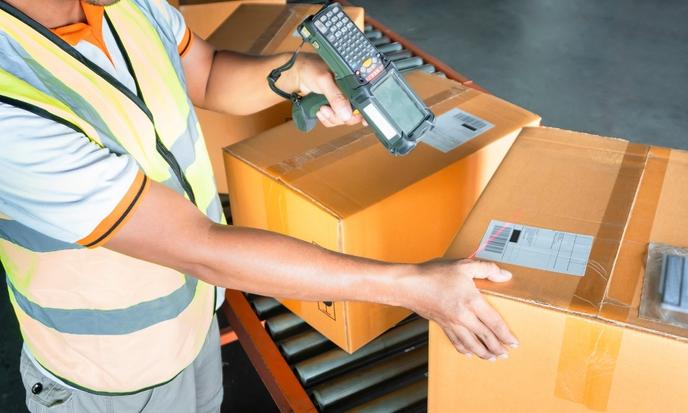As big hacks are routinely reported in the news, the issue of data security is only growing in importance -especially with increasingly interconnected services.
Despite its low profile, the mailroom is essential to not only a company’s operations, but also its internal security and that of its customers and clients. With large amounts of data and information coming in and out of the mailroom, there are best practices in relation to data security that take into account the shift from physical mail to its digital counterpart.
Digital vs. Physical Mailrooms
As mentioned above, the physical mailroom is slowly giving way to the digital, with some companies going as far as to get rid of the physical mailroom completely; however, this is heavily conditional on the type of business and its specific requirements.
While digital mailrooms can boast automation, leading to reduced manual errors, greater speed, and efficiency, the physical mailroom is still often crucial to operations. For one, physical mail doesn’t end up in the spam filter, and adds a degree of personalisation that is hard to achieve with digital communication. Then there is the fact that retail and e-commerce businesses need a functional and efficient mailroom to handle the distribution and receipt of physical packages. They can also take advantage of the ability to email custom promotional materials to members.
In the end, it comes down to your business type, objectives, customer base, and any cost/benefit analysis your company undertakes. With digitalisation transformation processes undertaken in order to stay competitive, it is likely that your business will be operating a hybrid digital and physical mailroom, with defined practices that need to be followed in order to ensure security.
Ensuring Data Security in the Mailroom
Data security means the prevention of theft and misuse of data throughout its entire lifecycle, which takes us from the initial collection of information all the way to disposal. Often, ensuring security is simply a matter of being vigilant and following agreed procedures.
Conduct frequent risk assessments
The strategies used by criminals are constantly changing. Conducting frequent risk assessments allows businesses to look at things such as hiring processes, public visibility, and other factors which can be linked to the likelihood of an attack.
Create clear document disposal procedures
Data can be compromised as a by-product of neglect or confusion. Having clear procedures (in line with guidelines mandated by legislation) for sensitive documents and data means that employees can actively reduce the threat exposure of their organisation.
Establish a clear process for reporting
Incidents can be underreported or handled incorrectly without clear protocols. Employees handling data should know which red flags to look out for and who to go to if an event requires escalation.
Data Security for Digital Mailrooms
Operating in the digital space offers greater convenience and ease of working, but also opens us up to a whole new range of threats that can bring severe consequences. Here are three tips to get you started.
Be wary of phishing attempts
A harmless-looking link clicked in an email by just one employee can be enough to allow criminals into a business’s secure network, which is why training should be conducted and announcements made by the security team, teaching and reminding employees how to be wary and spot any phishing attempts.
Know your customer-centric data regulations
GDPR and other data privacy regulations have been put in place to protect consumers, with ramifications for businesses that flout the rules, even if a big data breach doesn’t occur. Knowing these regulations allows businesses to be completely compliant while also putting in place systems to ensure the security of their business.
Create data copies with secure storage
Having a copy of data in secure storage is essential for business continuity in the event of lost, manipulated, or destroyed information—whether this occurs due to an internal mistake or external threat.

